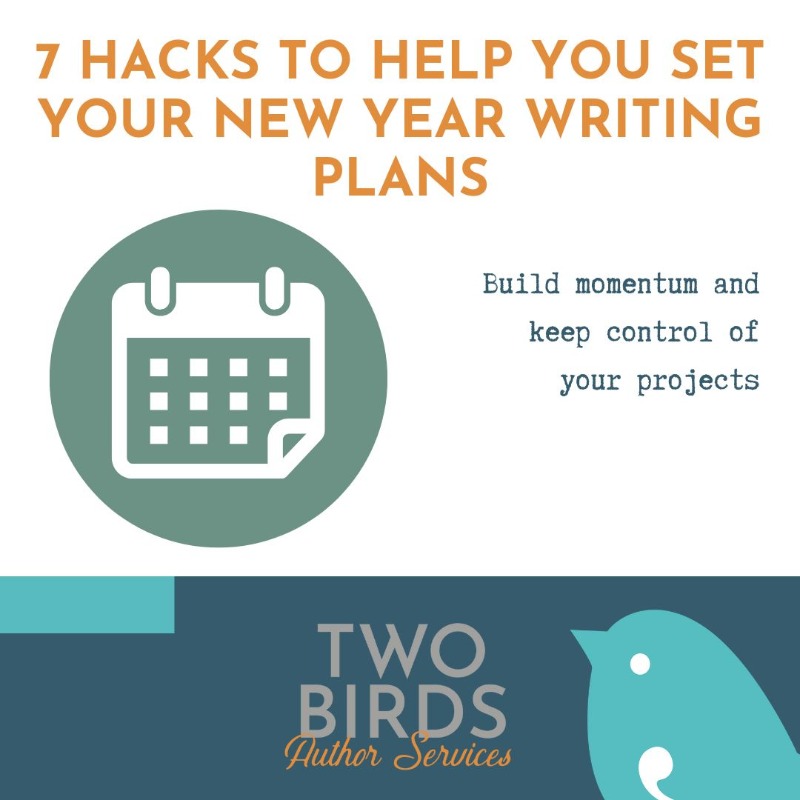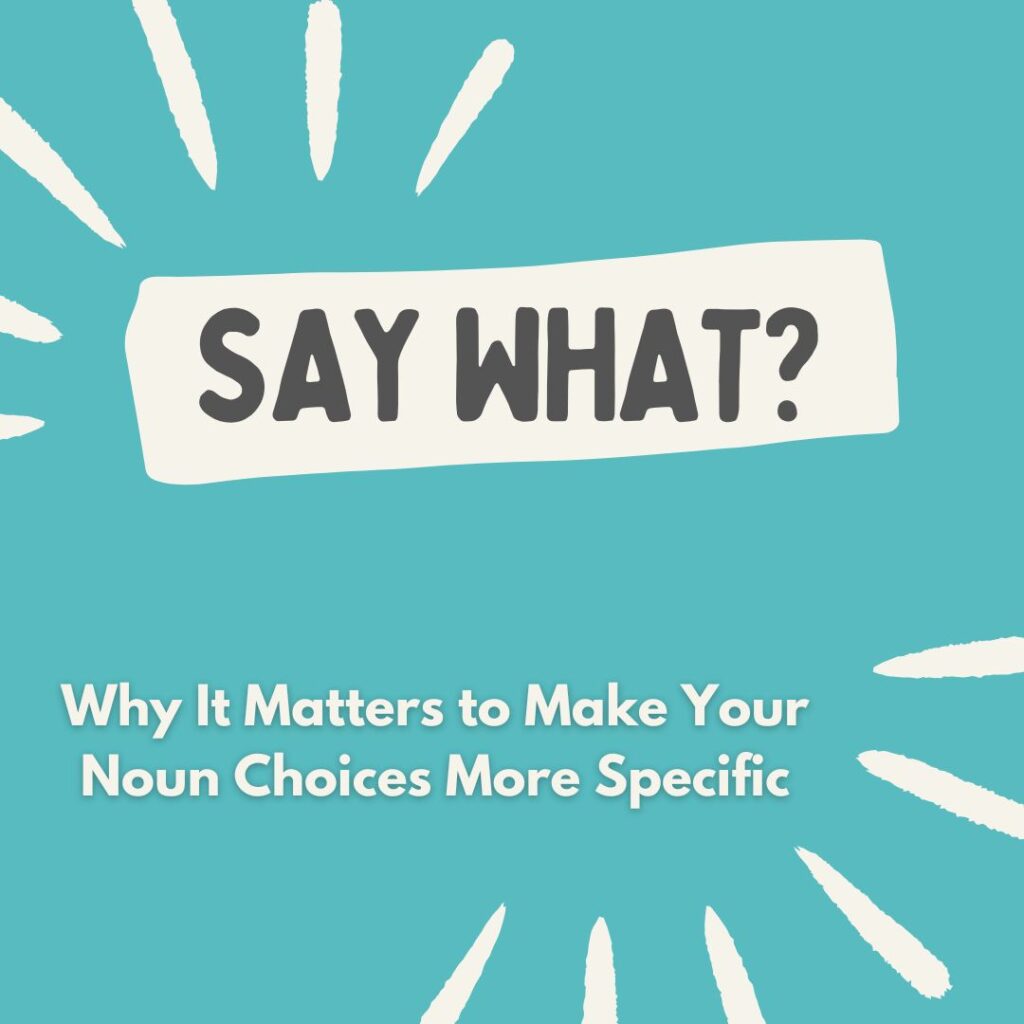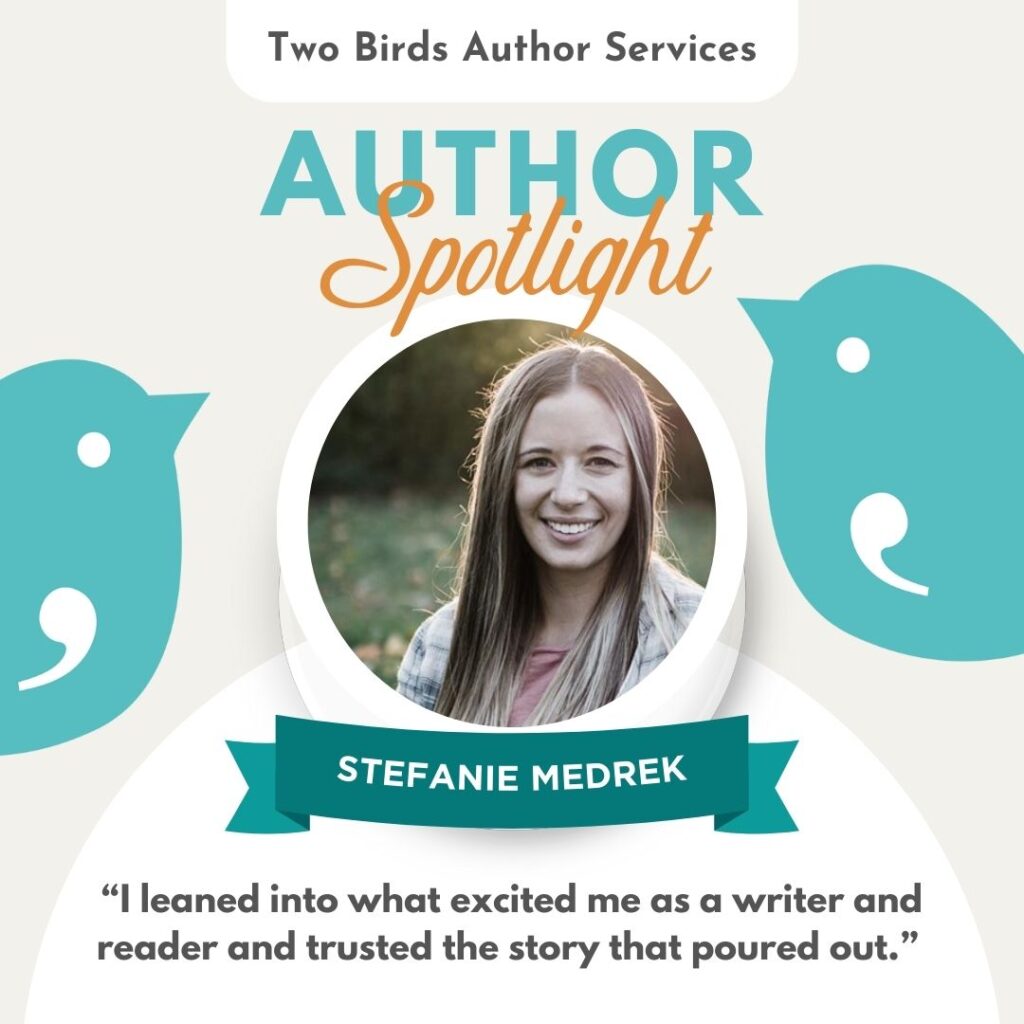new year, new books!
It’s a new year, and that means there is no better time than right now to finish your novel. Often, though, just the thought of getting started writing can feel overwhelming or intimidating. The good news is, the laws of physics are on your side. Remember that old concept from science class? An object in motion tends to stay in motion. Or, in more authorial terms:
A writer in writing mode tends to stay in writing mode.
To help you use physics and the power of new year’s resolutions to your advantage, we’ve pulled together our favorite tips for how you can set yourself up for success by planning your novel writing this year.
Tip #1: Set a clear objective with a planned deadline
Have you ever attended one of those paint and sip places? You know…the ones where you know nothing about painting, yet you end up going home with an actual painting that looks at least sort of like what you were trying to illustrate? That happens because someone has set out an example that you can imitate and aim toward. And that’s a lot easier than trying to paint something you haven’t seen.
Having a specific target in mind is much easier to reach than if you have an amorphous, blobby kind of goal. So, don’t be afraid to get specific with your writing goals. Define your novel’s genre, working title, estimated word count, and theme. And set a date when you want to complete your first draft.
Tip #2: Set a regular appointment with yourself to write
Another way to take that amorphous, blobby idea in your mind and turn it into something achievable is to get specific about when, where, how long you’ll write and what a day’s writing success looks like.
Instead of just saying, “I’m going to write every day” or “I’m going to write my book”—make a firm appointment to do it. Decide whether you’ll write in the morning before work, over lunch, or in the evening before bedtime. Decide how long you’ll write during that time—30 minutes? An hour? More? Less? Figure out where you’ll write—your office, at the park, in the library, at the coffee shop.
And finally, define a day’s success—whether it’s finishing a typed page, writing 5 pages in your journal, completing a scene, or whatever feels right to you.
Tip #3: Break up bigger goals into smaller, more manageable ones
A finished novel seems like a huge achievement, even an overwhelming one. But a chapter is a lot easier to envision. A scene is even easier. And a page of writing maybe feels easiest of all.
Don’t be afraid to outline your story, even if it’s a rough outline, and then decide on little parts of the story to tackle daily or weekly. Tools like Plottr (which we recommend) can be helpful for breaking your grand, big picture idea into small, bite-sized, manageable bits of writing that you can see yourself completing.
Tip #4: Create an accountability plan
Just as it’s easier to stay committed to hitting the gym when you have a workout buddy or personal trainer involved, it’s also easier to set and stick with a writing plan when you have accountability partners.
The good news is, there are lots of ways you can get the accountability you want. Critique partners, writer meetups, and online writing groups are all possible ways to find people who will encourage you to keep writing. An author coach can work if you’d like someone to connect with weekly as you make progress.
Tip #5: Give yourself incentives
If you’re the kind of person who responds well to rewards (and who isn’t?), you can set up incentives for yourself. Plan to reward yourself with something special, like dinner at your favorite restaurant or a much-needed massage, after you’ve finished writing a set number of chapters.
Or, ask your friends to celebrate important points in your writing (such as reaching the halfway point in your draft, or completing your search for the right editor) with a night out. Make it something everyone loves to do, and you’ll find them checking in to see how you’re doing. Accountability plus incentives!
Tip #6: Be flexible
While it’s important and valuable to set specific goals and deadlines, it’s also useful to be flexible when you need to. Staying too rigid can lead to writer’s block or other frustrations. If you miss a day or two of writing, be compassionate toward yourself—and simply get back on track when you can.
Be willing to change your writing outline too, as well as switching up characters and other elements of your story. Embrace the fact that your ideas will undergo an evolution as you write. This is a part of the process, and it’s ok.
Tip #7: Don’t give up!
Don’t be surprised if at some point during your writing, you feel stuck. While we’re not wishing writer’s block on you, it does happen. If you find yourself feeling frustrated, confused or unable to write, try to reframe it.
What is this experience telling you? Is it time to look again at your outline and reconfigure it? Have you been working too hard, and you need a little break to do something relaxing? Would it be worthwhile to skip a scene that has you blocked, and move onto writing something you have energy right now to tackle? If you persist, you’ll get where you want to go—which is a finished draft.
Need help with your novel this year?
We’d love to talk with you about your writing dreams, and we offer a number of ways to support you on your journey to finishing your book. Reach out if you’d like to learn more about setting up an accountability plan or getting feedback on an early draft of your manuscript to ensure you’re on target. And if you’ve completed your book and ready for edits, we’re here for that too. Connect with us anytime to learn more.
Sign up to receive our monthly newsletter, full of more helpful info and special deals!



